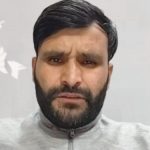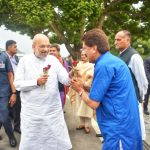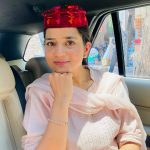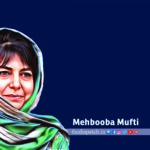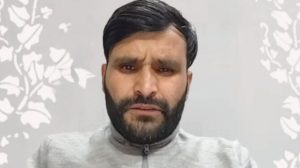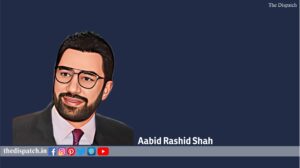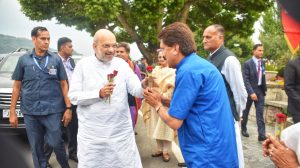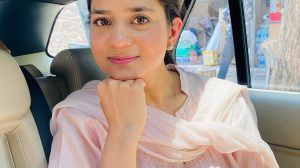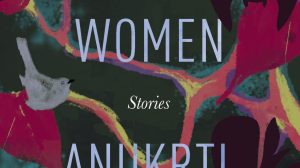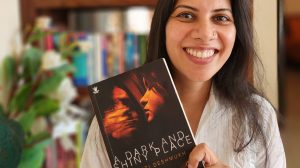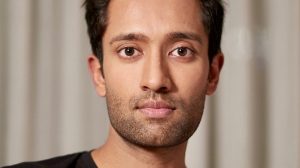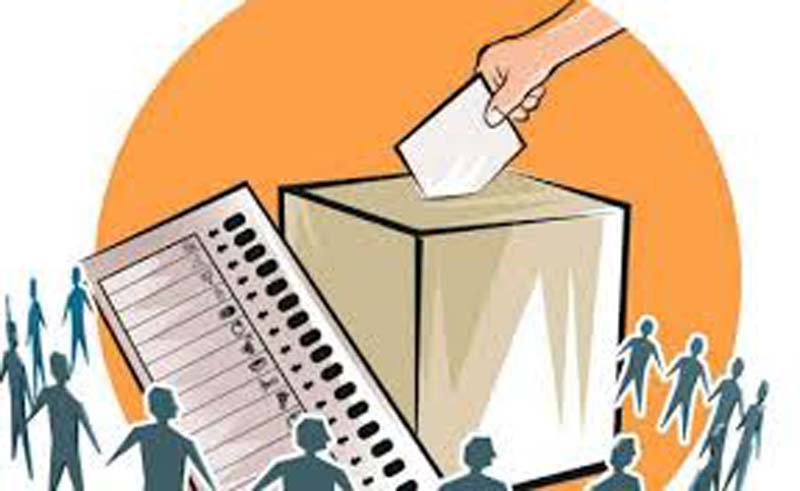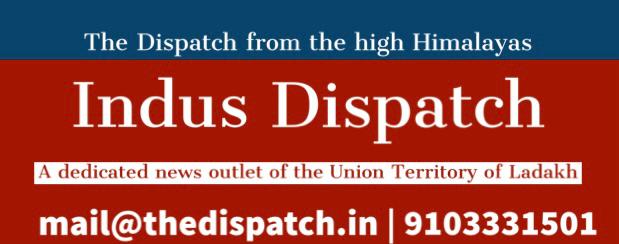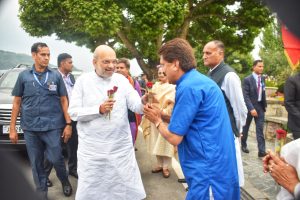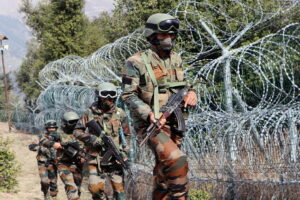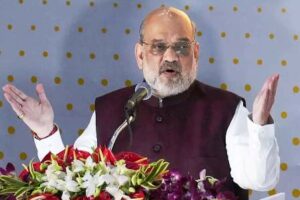Jammu: In the post 2019 Jammu and Kashmir, different sections of society and political ideologies have different perceptions, but election is the common minimum desire which everyone wants to have at the earliest.
With the ‘exclusive’ delimitation process complete in May this year and the final electoral rolls published on November 25 following special summary revision there is no technical reason to delay the elections any further. But no one has any clue how, when and by whom a decision shall be arrived at for the Assembly elections.
In a television interview on November 15, Home Minister Amit Shah said that he wants the Assembly elections to held in Jammu and Kashmir soon, but then he was quick to add “the government wants to see it from the security point of view and then the election commission has to decide”.
As suspense further deepens on Assembly elections, the first in Jammu and Kashmir as a Union Territory, the coming year looks full of other elections to keep people engaged politically.
Elections to Panchayats, the Municipal Corporations and other urban local bodies are due in the later half of 2023. The moment high-security-detailed Amarnath pilgrimage ends in August, Jammu and Kashmir will be found in a full drawn election mode which are expected to last till the end of the year. Between the beginning of Amarnath pilgrimage and melting of snows there is a three-month window of security-safe pleasant whether which could promise a good time for Assembly elections. If this window is missed, then expect Assembly elections in 2024.
Exactly a year before reading down of Article 370, the Center had started prioritizing the Panchayati Raj institutions by building a case for empowerment of common man through ‘real democracy’ and ‘real self-rule’. This narrative around the Panchayats, in background of their history, did work well and it continues to do so through unprecedented institutional empowerment of the elected representatives who have been filling the political gap.
Quick recent history
After an extraordinarily long gap, the process of Panchayat elections was revived by Dr Farooq Abdullah towards the fag end of his term in 2001. However, as the Panchayats awaited their formal empowerment under law, the Mufti Mohammad Sayeed government suspended Panchayats in 2004 under the pretext of new laws ahead of proposed fresh elections. These elections never happened. It was in 2011 that Omar Abdullah government conducted Panchayat elections after gap of ten years. These Panchayats completed their terms in 2016 when Mehbooba Mufti was the Chief Minister of the Peoples Democratic Party and Bhartiya Janta Party alliance. The coalition government delayed the elections on one pretext or the other till it saw its collapse in June 2018.
In the hindsight
With fall of Mehbooba Mufti government being a beginning point, as the Center prepared for the massive constitutional changes, the Panchayat elections of 2018, as one looks back, were among the major steps to keep people politically engaged and also appreciate that elected governments were not willing to share powers at the grassroots. Despite some constituencies in Kashmir remaining vacant, the Panchayat elections created over 40,000 stakeholders in the system -Jammu and Kashmir has 316 Rural Development Blocks and consequently as many Block Development Councils, 4490 Panchayat constituencies and a whopping 35096 Panch constituencies.
While the Panchayats saw a gradual process of empowerment, barely two months after the August 5 events, the Government announced elections to the Block Development Councils. Through an indirect poll -to elected through elected Sarpanchs and Panchs -the BDCs were being constituted after decades. These elections concluded November 2019.
Happening in Jammu and Kashmir for the first time ever, elections to the third tier of Panchayati Raj was held in November-December 2020 and the District Development Councils constituted, again through indirect elections, in February-March 2021. With accord of protocol and status of eminence to the top two tiers of Panchayats and devolution of well-defined financial powers, these four years have been exciting for the rural population of Jammu and Kashmir which comprised around 79% of total voters in Jammu and Kashmir.
Which elections to expect in 2023
With Assembly elections everyone’s guess, two certain democratic exercises for the autumn of 2023 are the Panchayats and the Municipalities. The law provides five-year term for the Panchayats and the Municipal bodies.
However, there is a trick which could trigger major high-stake political activities in 2023 drawing all political parties to compete for the space -the elections to all three tiers of the Panchayats could happen in the same year.
The Panchayats, the Block Development Councils and the District Development Councils are part of the same single institution, all three have five-year term of office, but their terms, as seen currently, are not concurrent to each other. The Panchayats have their terms ending in 2023, the BDCs in 2024 and the DDCs in 2024-25.
While the Panchayati Raj Act stipulates five-year term for each tier, but there is a clear provision which says that the term could be truncated if the government wants to hold elections to all three tiers together. Since, this is first time ever that the Panchayati Raj institutions have all three tiers elected and in place, officials say, there is a justification in harmonising their terms of office for better synergy and discipline of leaders.
There is a greater possibility that Jammu and Kashmir could see more than two elections in 2023 which may or may not include the election to first Assembly of the Union Territory.

